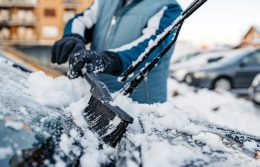What Texans Should Know About Personal Security
A survey found that in 2021, there were more than 334 burglaries per 100,000 Texans — enough to rank Texas as the No. 13 highest burglary rate in the country. Why, then, are nearly half of all American homes not equipped with a security system?
The good news is most home burglars check for alarm systems before trying to break in and cancel their heist if they find one. So, you don’t need to build Fort Knox to deter thieves, home intruders, porch pirates, and trespassers. Here are some good, simple places to start building an effective home security system and lowering your risk of being burglarized.
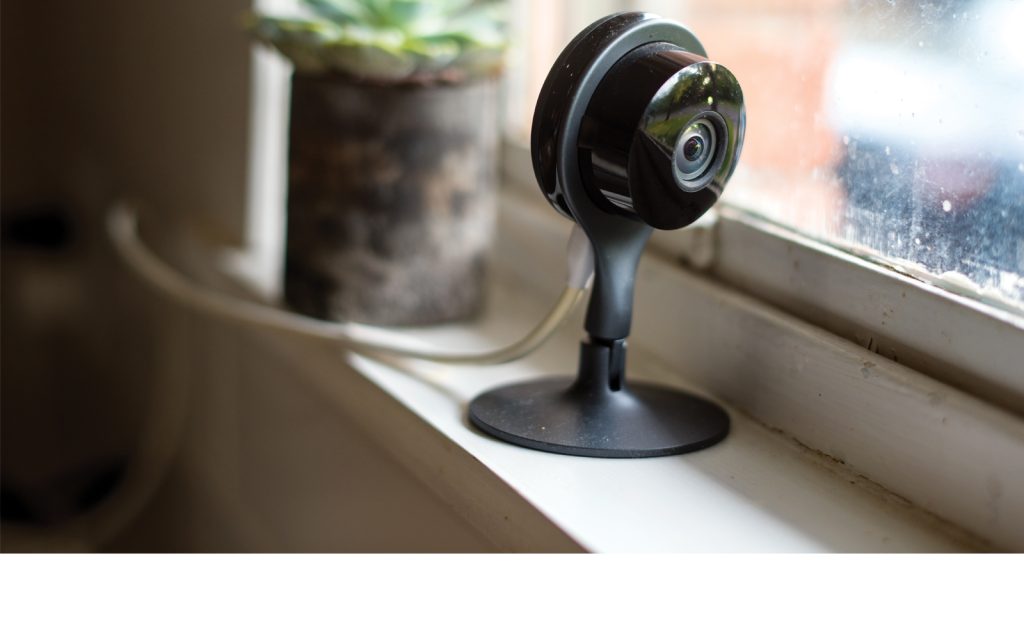
Home Security System Basics
The first step in any home security overhaul is evaluating your home security system or choosing what to install if you don’t have one. This guide runs through all the state-of-the-art capabilities on the market today, including doorbell cameras, Bluetooth dead-bolt systems, and motion-activated spotlights. Consider installing alarms that double as detectors against fires, floods, carbon monoxide leaks, and other non-burglar threats (check out our guide to those alarms here).
You’ll also want to keep any external property, such as stand-alone sheds, barns, or garages, secure against burglars. Here are 10 steps to thief-proofing your tools, outdoor equipment, and other assets in your shed.
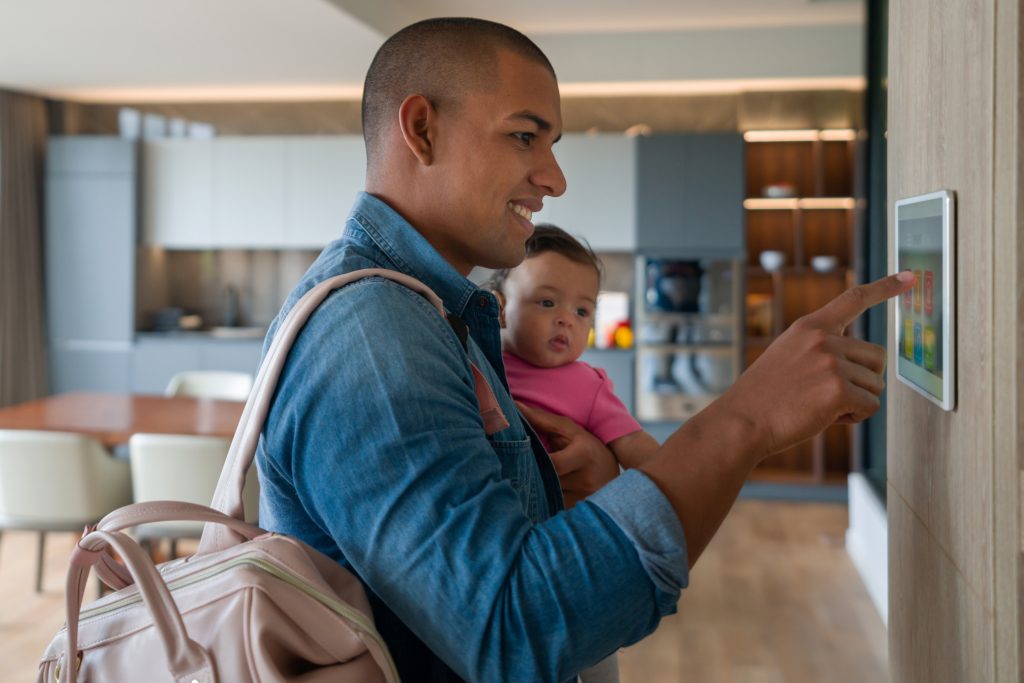
Protecting Yourself Online
Nowadays, most security systems are connected to the internet and your phone to give you on-the-go surveillance of your property, updates on action around the house, and remote control over locks and garage doors. But these interconnected capabilities come with their own risks, such as security breaches that could put more than just your physical property at risk, including passwords, banking info, and even your identity. Be sure you take these steps to prevent cyber threats from accessing your home and privacy.
One key step to avoiding identity theft or remote access to your security devices is to ensure your home’s Wi-Fi network is private. You should also consider how you’re using (and not using) social media to protect yourself and your family from online privacy threats.
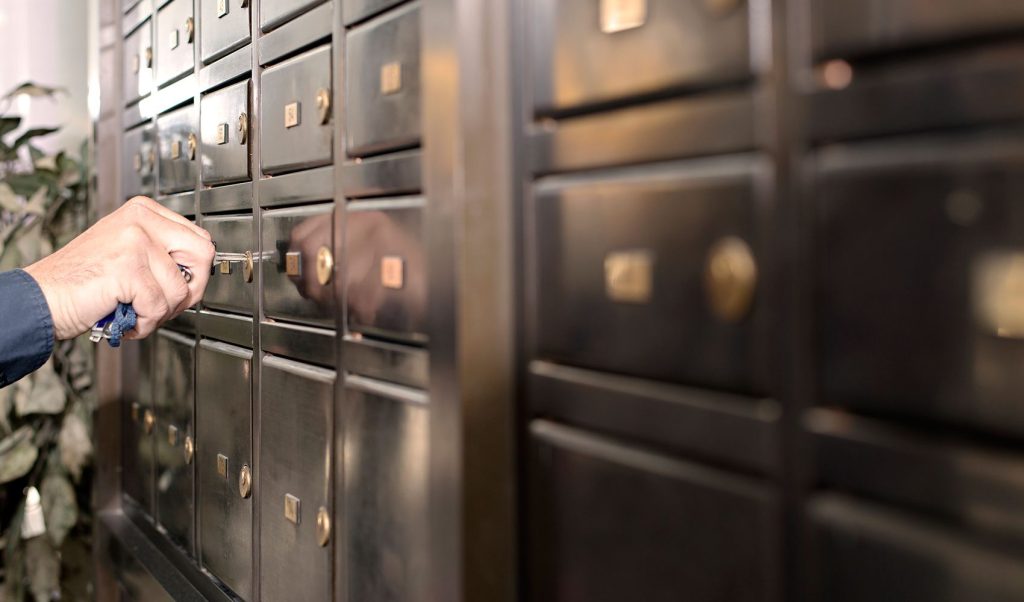
Keep Your Personal Belongings Secure
Some valuables — heirlooms, jewelry, Social Security cards, birth certificates — are most secure in a safe. (Find out what items experts recommend you store in a safe and whether you should insure them.) There are many options for safes that can help prevent thieves from breaking in and fires from destroying its contents. Here are our four favorite brands of safes.
If you feel unsafe wearing or carrying valuables out of your home, you can reduce the anxiety with these personal security tips.
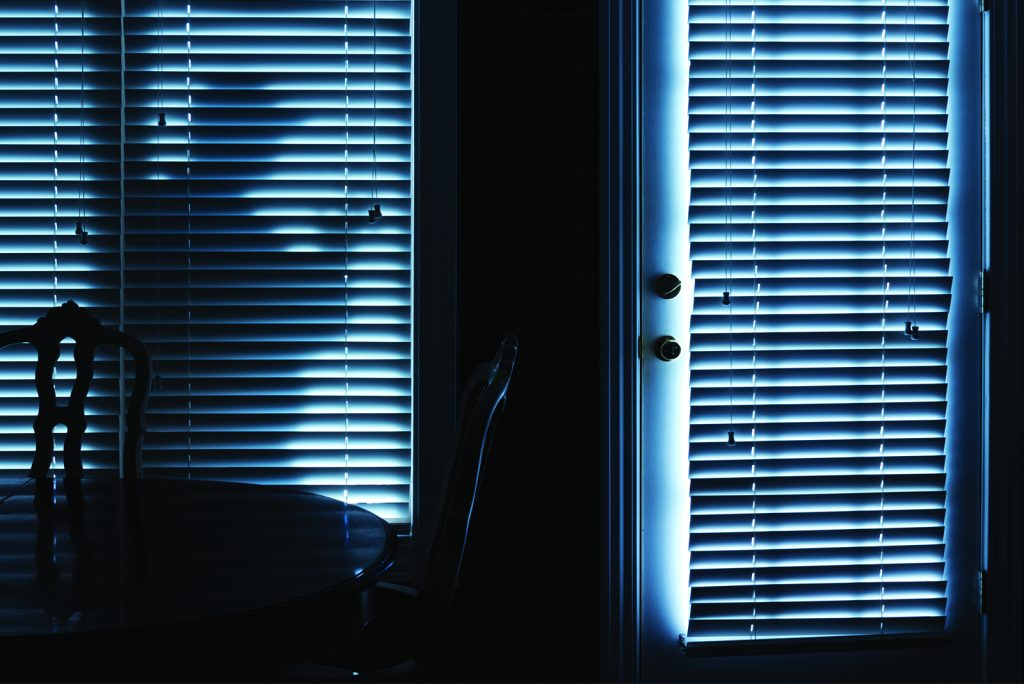
Deter Intruders While You’re Gone
When you go out of town for a vacation or Christmas — the most common time of year for house robberies — don’t merely rely on the security system that runs day to day. Take extra precautions to prevent package theft, which can also be helpful when you’re not traveling, and review our list of things that practically invite thieves into an empty home and how to avoid them.
You’ll also want to learn when to change the locks to your home to effectively bar access to anyone who might have a key (or copy of a key) to your house.
Learn how being a Texas Farm Bureau member can improve your home security, with benefits like discounts on identity theft protection, free “private property” signs to deter trespassers, and more.
Coverage and discounts are subject to qualifications and policy terms and may vary by situation. © 2025 Texas Farm Bureau Insurance



